Eurozone plunged into recession while Britain set to avoid downturn
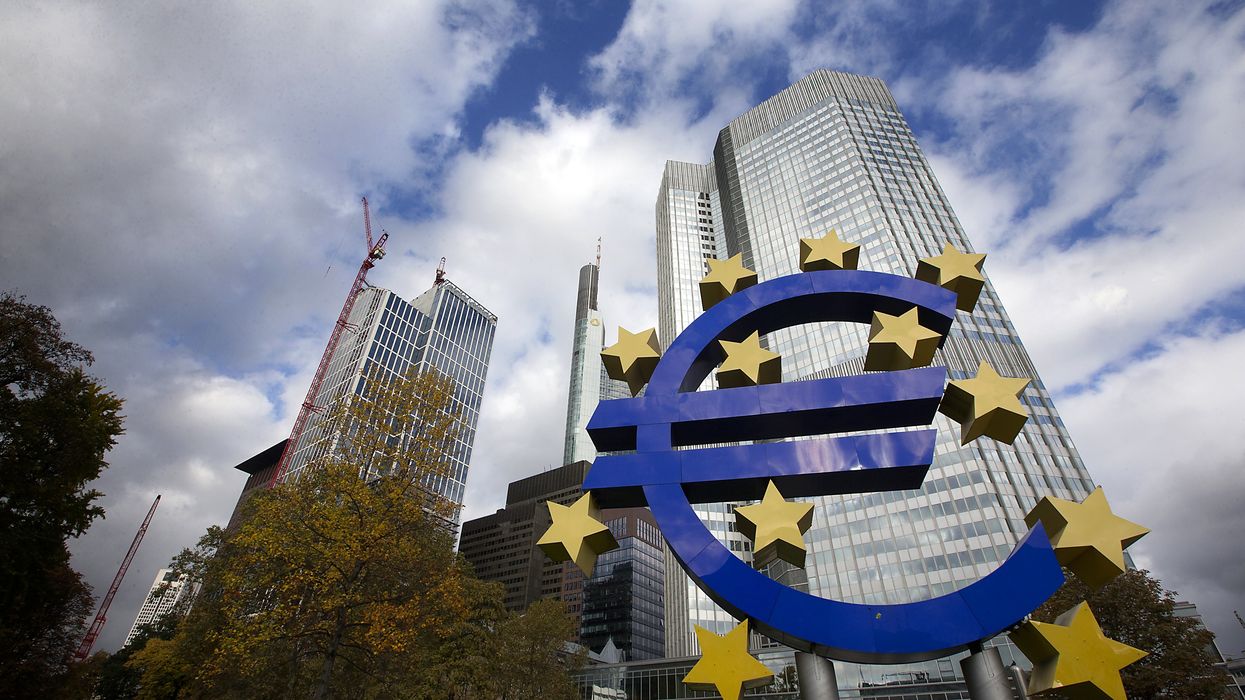
The Eurozone recorded two consecutive months without growth
|PA

The United Kingdom experienced growth of just 0.1 per cent in the first quarter of 2023
Don't Miss
Most Read
The Eurozone has been plunged into a recession after several major member economies witnessed noticeable downturns.
The 20-country bloc, which adopted the continent’s single currency and implemented its centralised policies, experienced a contraction of 0.1 per cent in the first three months of this year.
Brussels’ statistical office Eurostat revealed growth had fallen short of previous predictions of 0.1 per cent.
The most recent plunge marks the second consecutive quarter of contracting growth in the Eurozone.
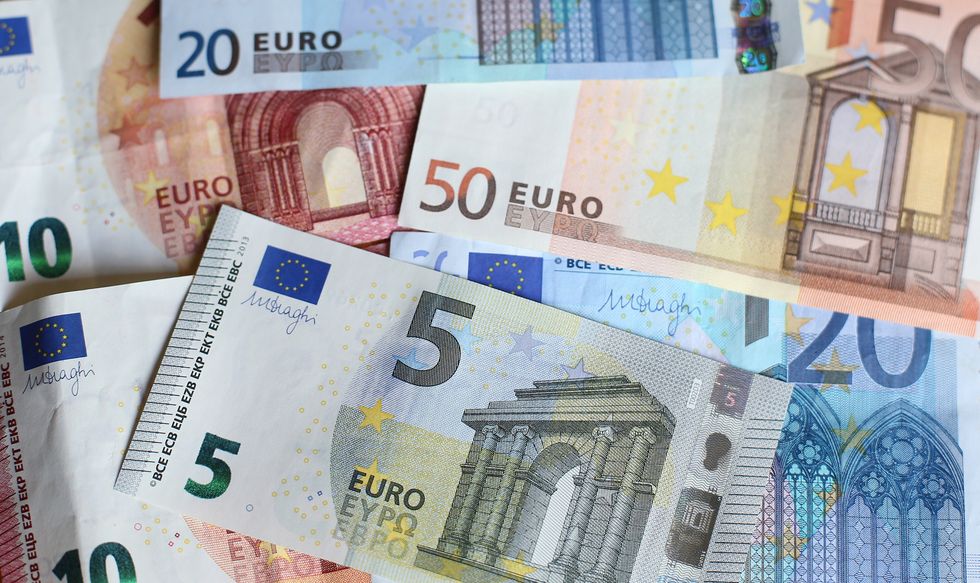
Fifty, twenty, ten, and five euro notes
|PA
Two successive quarters of decline constitutes a technical recession.
The Eurozone sustained growth between 0.4 and 0.9 per cent in the first three quarters of 2022.
However, the bloc suffered a setback when it registered a 0.1 per cent decline in the final quarter of last year.
A drop in household spending, high inflation and rising energy bills contributed to the drag across the Eurozone.
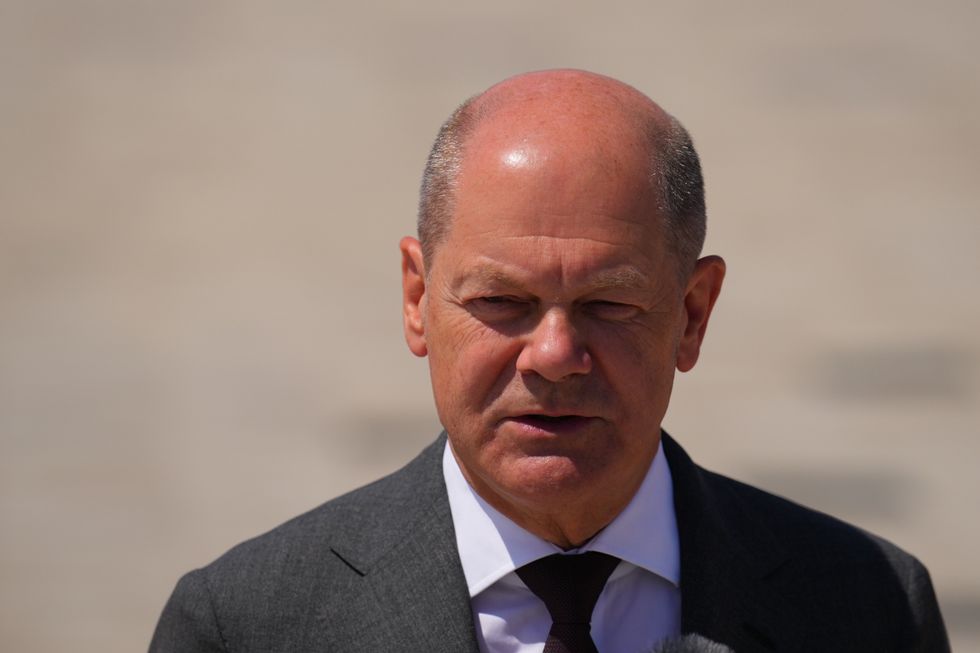
Olaf Scholz, Chancellor of Germany arrives ahead of the European Political Community
|PA
Government spending and imports also declined which reduced overall output across the bloc.
Germany, Europe’s largest economy, recorded a drop of 0.3 per cent.
The figure was matched in the neighbouring German-speaking country of Austria.
The Netherlands sustained a drop of 0.7 per cent and Lithuania was hit by a 2.7 per cent drop.
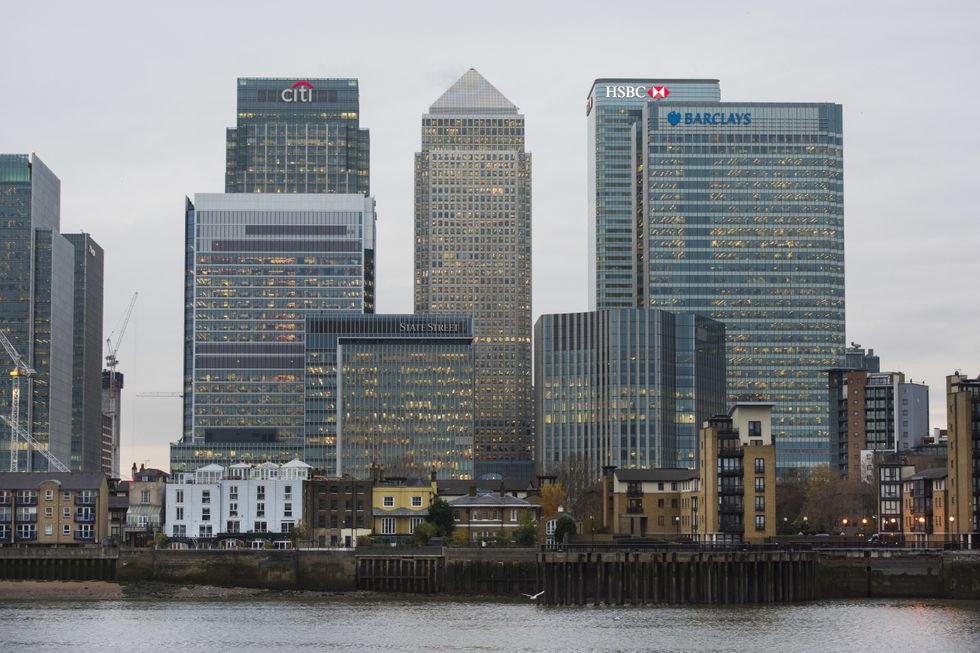
Canary Wharf in London
|PA
However, the Republic of Ireland witnessed the most drastic collapse at 4.6 per cent.
Luxembourg and Portugal were the two best performing economies in the Eurozone, expanding at a quarterly rate of two per cent and 1.6 per cent respectively.
In a warning to the Eurozone, Capital Economics’ chief Europe economist Andrew Kenningham said: “The big picture, however, is that the Eurozone economy was broadly stagnant during the past two quarters – and we think GDP is likely to contract again in Q2 as the effects of monetary policy tightening continue to feed through.”
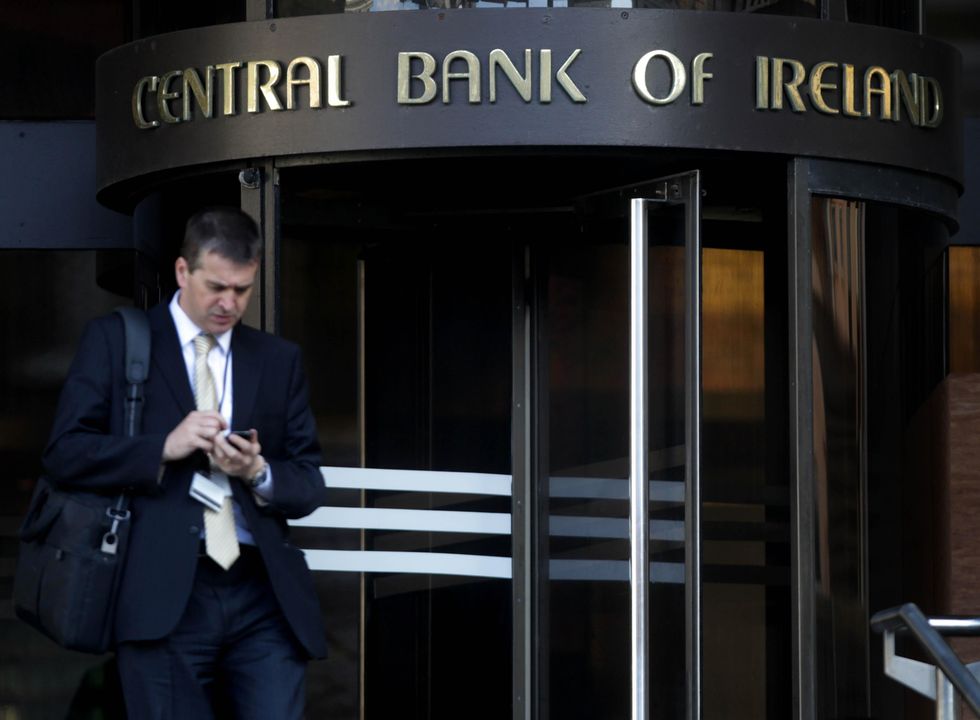
The Republic of Ireland witnessed the most drastic collapse at 4.6 per cent
|PA
In comparison, the UK experienced 0.1 per cent growth in the first quarter of 2023.
The International Monetary Fund (IMF) also updated its prediction of a 0.3 per cent contraction to project 0.4 per cent growth.
Brexiteers and Conservatives were keen to point out how the UK appears to have avoided entering the recession experienced on the other side of the Channel.
South Cambridgeshire MP Anthony Browne, who serves on the Treasury Committee, said: “The IMF predicted the UK would enter recession this year and Germany wouldn’t: turns out the exact opposite is true.
“The UK has escaped recession and the Eurozone is now officially in one.
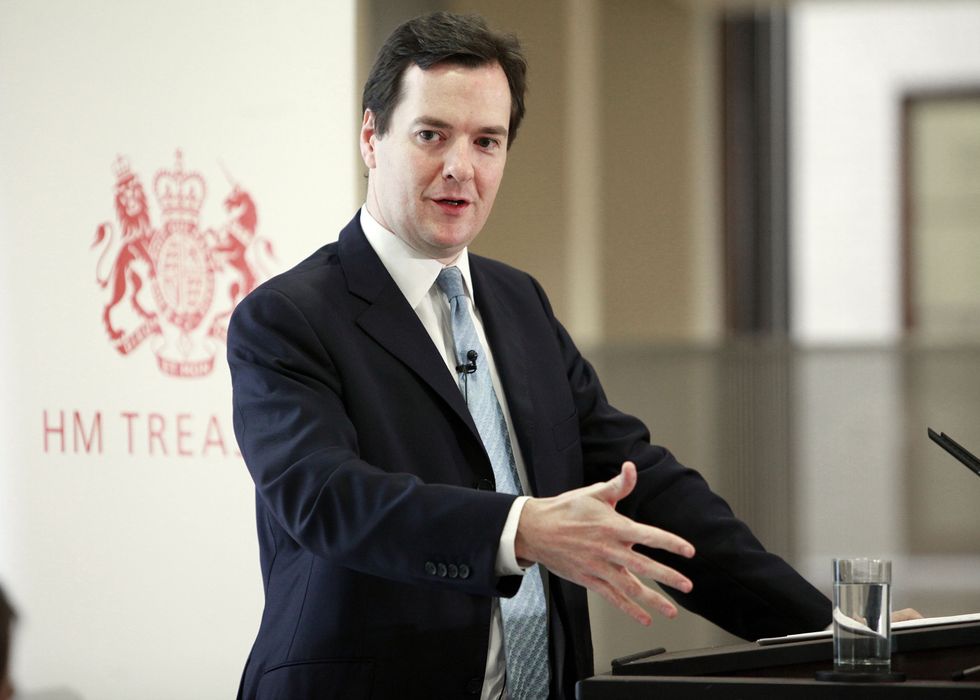
George Osborne voiced concern about Brexit leading to a recession in 2016
|PA
“The UK also had the fastest growing G7 economy in 2021 and 2022.”
GB News commentator Darren Grimes added: “The Eurozone is in recession. Must be Brexit and Liz Truss.”
The Brexit-backing Bruges Group also said: “The Eurozone is now in recession. The UK, meanwhile, is not.
“Once again, the Remoaner narrative about post-Brexit Britain is shown to be doom mongering nonsense.”
Several bodies and politicians warned Brexit would spark a recession, including the IMF and then-Chancellor George Osborne.
Osborne warned leaving the EU would cause an “immediate and profound” economic shock, with growth dropping by six per cent by 2030.










